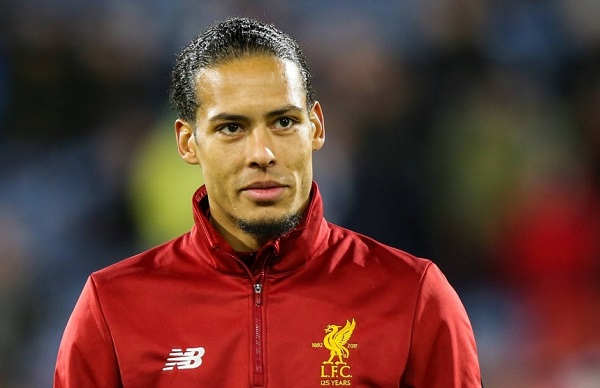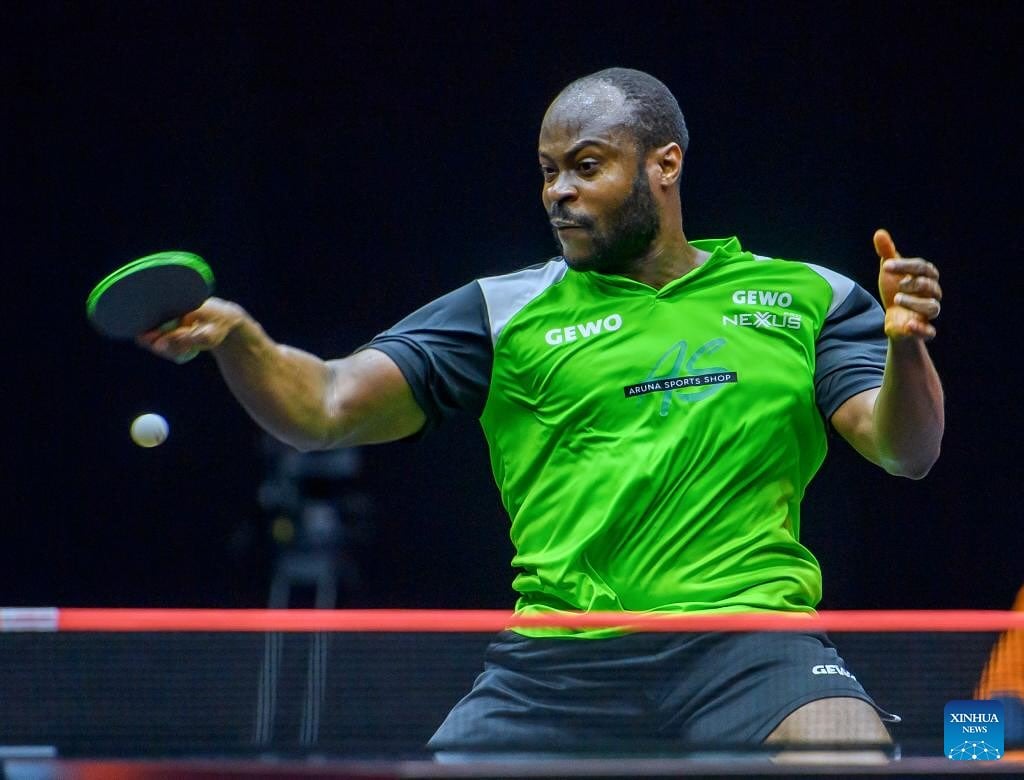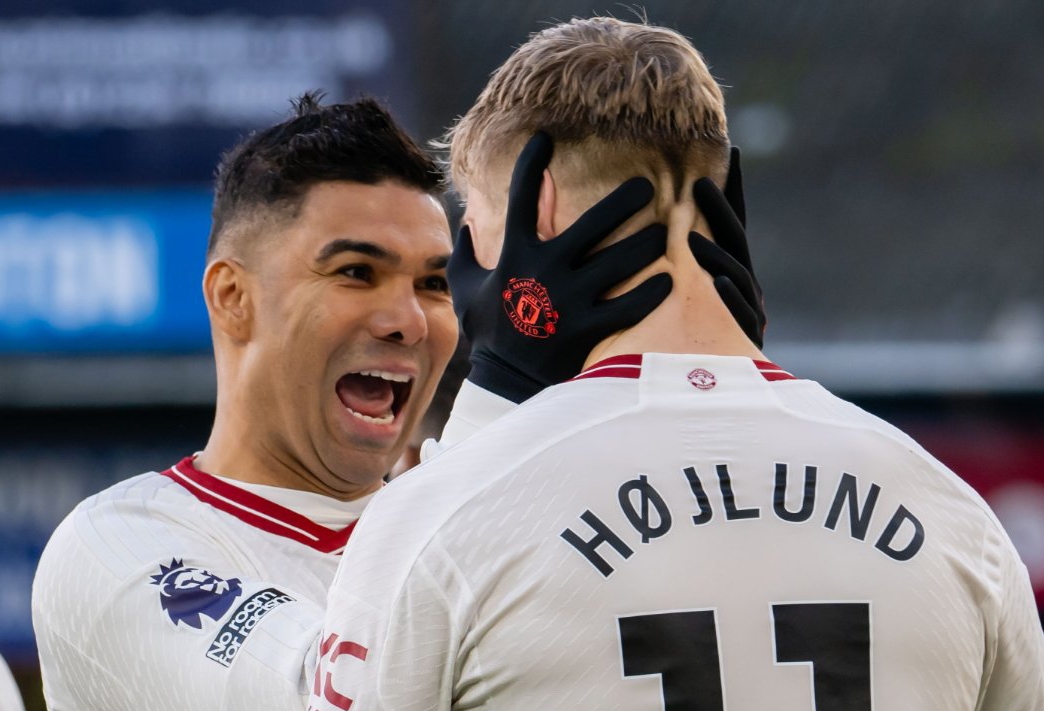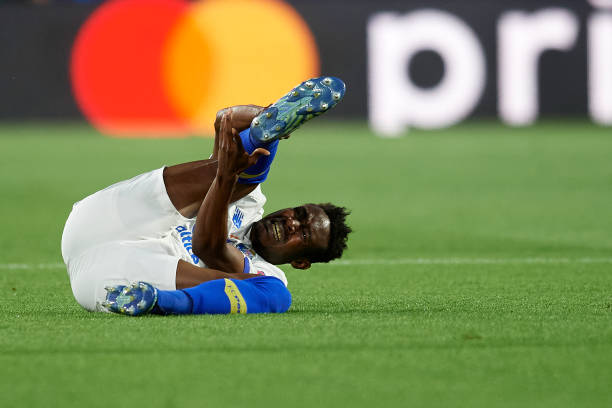BY ARUKAINO UMUKORO
It wasn’t written in the stars. They simply gatecrashed into the clouds, tore the form books and rewrote the script.
Down and out in the group stages, they were left for dead, and their French coach, Jean-Louis Gasset, was sacrificed. But they came back from the grave and qualified for the Round of 16 as the fourth-best third-place teams.
Multiple times in the knockout stages, they snatched victories from the jaws of defeat. Rinse and repeat. They did the same in the final against the Super Eagles of Nigeria.
Advertisement
These Ivorians, eh. Comeback kings. Now three-time African Champions.
Enter 40-year-old Emerse Fae, a coaching assistant under Gasset, who was drafted in as replacement for the French man. Fae’s professional career included appearances for French clubs Nantes and OG Nice, as well as English club Reading FC, but his playing career was cut short by injuries.
Taking the reins in the biggest tournament of his coaching career, Fae drove against the odds. His reputation, that of his team and national pride was at stake. He had a leading role to galvanize a despondent team and reignite a whole country. It was win or bust.
Advertisement
As a professional player, Fae wasn’t part of the Ivorian team that lost the 2012 final and then won the 2015 AFCON title. But he had seen and experienced enough setbacks to know what it means to eventually triumph.
Like the rest of the team, Ivorian player, Franck Kessie, had come under fierce criticisms after they embarrassingly lost 4-0 to Equatorial Guinea in the group stages to leave their qualification to the Round of 16 hanging by a thread. But, after a Morocco lone goal win redeemed their chances, Kessie and his teammates picked up steam from then and never stopped rolling.
Add the Didier Drogba effect to that winning run. When the Chelsea legend and Ivorian icon came onto the pitch with the AFCON 2023 trophy, he held the hope and expectations of the team, the 60,000-capacity crowd and the whole nation, in his hands. Drogba’s presence throughout the tournament was key motivation for the Elephants.
It was the 2012 UEFA Champions League final at the Allianz Arena in Munich, Germany against Bayern Munich. His team was trailing by a goal. Then Drogba rescued Chelsea with a bullet header from a Juan Mata corner kick in the 88th minute of the game to equalize. He helped Chelsea to win the trophy with the last penalty kick.
Advertisement
In the final, when Super Eagles captain, William Troost-Ekong, headed in the first goal via a corner from Ademola Lookman in the 38th minute, it seemed like the momentum was with the Nigerians who were gunning for their fourth AFCON title.
But the Cote D’Ivoire team rose to the occasion buoyed by an almost 60,000-capacity Stade Alassane Ouattara Stadium in Abidjan, covered in a sea of orange. They dominated possession, 67 per cent of it, and had more shots on target compared to just one shot by the Super Eagles.
And unlike their illustrious opponents, it was the Ivorians flying from the wings, spearheaded by the skillful Brighton winger, Simon Adingra, who terrorized the Nigerian defence from the sides.
Kessie equalised in the 62nd minute via a header from a cross by Adingra, who was deservedly named Man-of-the-Match. Kessie’s header didn’t have as much power as Drogba’s in the Munich final, but it was as equally significant.
Advertisement
Then cometh the man, cometh the hour. Adingra again provided the assist via a cross from the left for Sébastien Haller to deftly flick in the winning goal in the 81st minute. That was his second decisive goal in AFCON, and the one that ensured his country’s ultimate triumph.
But that’s the sub-plot of his and Ivory Coast’s remarkable redemption story.
Advertisement
Following a big money move from Ajax to Borussia Dortmund, Haller’s stock was already on the rise and he was expected to shine in Germany.
But in July 2022, the Ivorian was diagnosed with testicular cancer and it seemed his football career was going to end. However, in February 2023, Haller, after two surgeries and several rounds of chemotherapy, miraculously beat cancer and returned to the pitch. To mark his victory over the dreaded disease, he inscribed his defiance on one of his boots: f…k cancer, it read.
Advertisement
He scored the decisive goals in the semi-final and final. The man won twice. He beat cancer. He won a continental trophy. That was the ultimate victory.
The Elephants might have won, but they did it the hard way. They registered only one win and two losses in the group stages, but they escaped into the Round of 16 by the skin of their teeth.
Advertisement
In the knockout stages, they continued their Houdini act. An 86th minute equalizer from Kessie kept them in the match against Senegal. They eventually triumphed over the defending champions 5-4 on penalties.
In the quarter-final, the Ivorians played about half of the 90 minutes with 10 men, needed another late equalizer in the 90th minute, and a goal in extra time to beat Mali.
Then they needed a winning volley from that man, Haller, to beat DR Congo in the semi-final.
In the final against three-time champions, Nigeria… well, we know how it ended on Sunday. Easter is still about two months away, but it must have felt like Resurrection Sunday for millions of Ivorians, as their team literally came back from the dead to triumph over the Super Eagles.
They never gave up. They kept the faith and kept pressing on to the end.
For the Super Eagles of Nigeria, they also overcame the odds, as only few gave them a chance to get to this stage, but they did. Credit to them.
But in the final, they went to sleep and didn’t take their chances. It was the biggest game of their careers and they stumbled when it mattered most. A sturdy defence – two goals conceded until Sunday – got them to the final, but parking the bus only do not always win tournaments. There has to be a balance or a tweak. Jose Peseiro’s Eagles lost that balance in the final. African Player of the Year, Victor Osimhen, and the Eagles attack were starved of needed supply. Only one shot on target told the whole story.
The Portuguese admitted that his largely pedestrian team lost many balls in the final. “I don’t think my players were comfortable today. From the back, we lose too many balls, and with that, you allow the opponent to create many chances, and they attack and attack,” he said in his post-match interview.
A scant consolation for Nigeria was Troost-Ekong’s award as the AFCON Best Player of the Tournament.
But in the end, it was a tale of contrasting fortunes for the finalists. While both teams overcame national doubts, hurdles and criticisms to get to this stage, the eventual winner showed that extra passion, hunger, determination and heart to win more than the other. No guts, no glory.
This article was originally published on Africa Interviews and republished here with permission.
Add a comment






